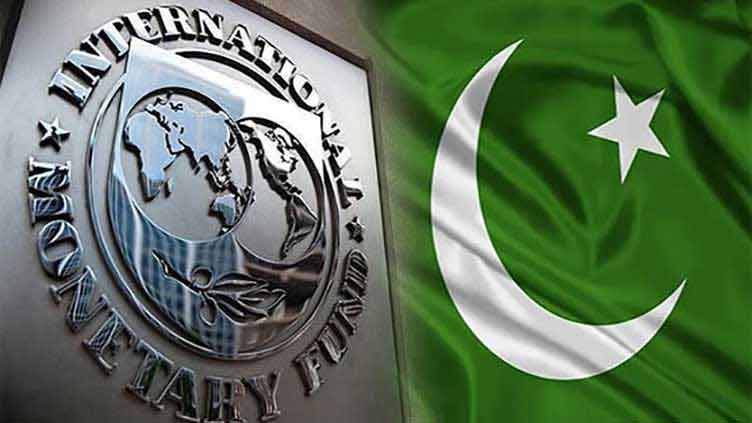Business
Macroeconomic circumstances in Pakistan have improved.
-

 Latest News14 hours ago
Latest News14 hours agoTo stop begging in Saudi Arabia, Pakistan would implement a stringent Umrah regulation.
-

 Latest News14 hours ago
Latest News14 hours agoThe Ministry of Religious Affairs and PIA have signed an agreement to lower pilgrims’ Hajj airfare.
-

 Latest News14 hours ago
Latest News14 hours agoIn October 2024, Pakistan’s current account had a $349 million surplus.
-

 Latest News14 hours ago
Latest News14 hours agoPunjab Reports 61 New Cases of Dengue Fever
-

 Business14 hours ago
Business14 hours agoADB Introduces ‘Glaciers To Farms’ Initiative to Address Food Security
-

 Latest News14 hours ago
Latest News14 hours agoPakistan Sends Aid to Syria, Gaza, and Lebanon to Aid War Victims
-

 Latest News14 hours ago
Latest News14 hours agoPakistan requires an astonishing $390 billion for green future—Discover the reasons!
-

 Latest News14 hours ago
Latest News14 hours agoThese cities’ schools will reopen tomorrow as the smog subsides.













